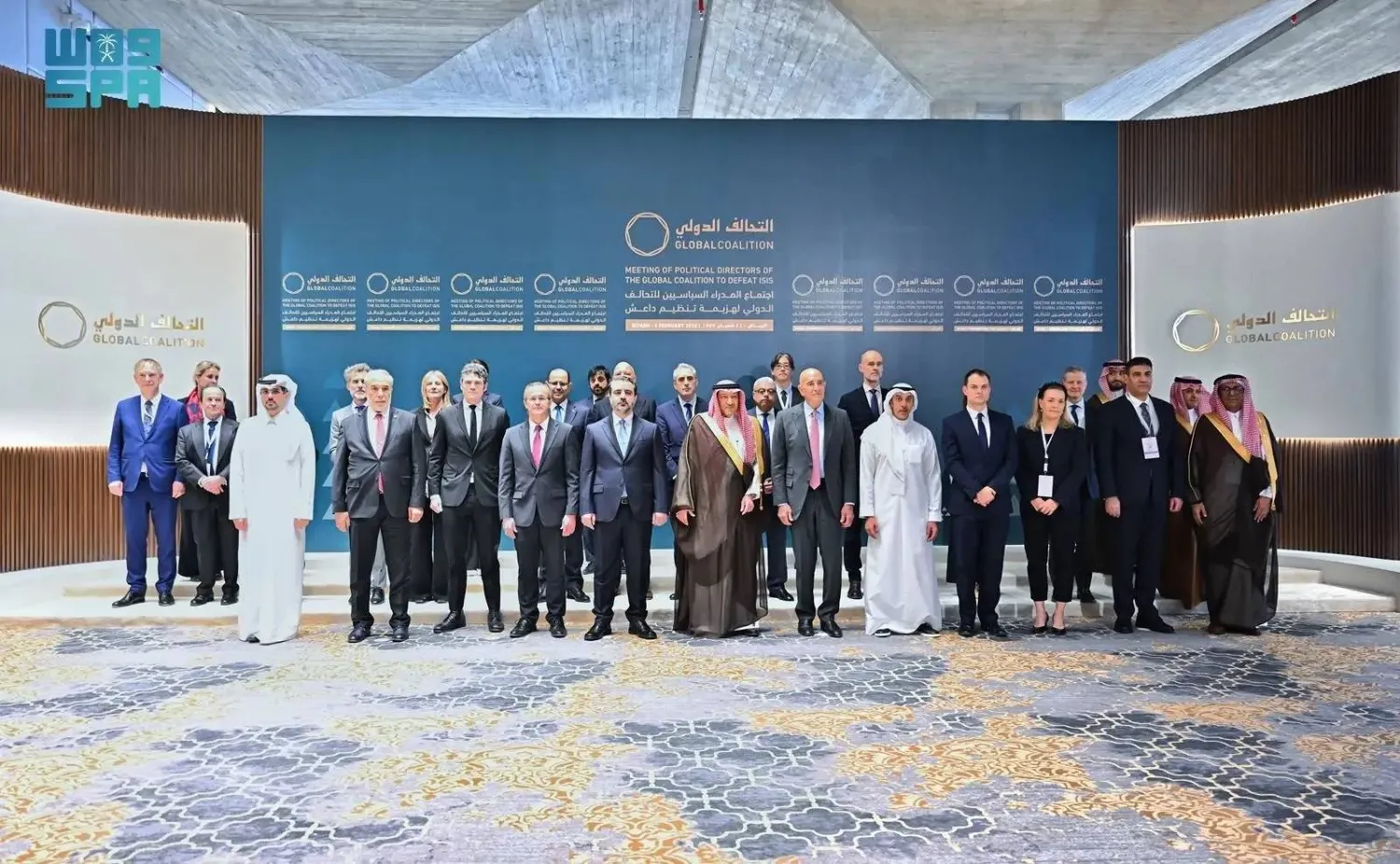Saudi Arabia hosted on Saturday the launch of preliminary talks aimed at ending the crisis in Sudan.
Held in Jeddah, the talks brought together representatives of the armed forces and Rapid Response Forces (RSF) in an attempt to end the war that erupted three weeks ago and return to the negotiations process, with the participation of civilians.
The meeting was held in wake of an initiative between Saudi Arabia and the United States.
In a joint statement, the Kingdom and the United States urged both parties “to take in consideration the interests of the Sudanese nation and its people and actively engage in the talks towards a ceasefire and end to the conflict.”
This “will spare the Sudanese people the suffering and assure the availability of humanitarian aid to affected areas.”
Saudi Arabia and the US stressed “the efforts of the countries and organizations that supported these talks, including the Quad countries (The Kingdom of Saudi Arabia, the United Arab Emirates, the United Kingdom, and the United States), the League of Arab States, and partners from the Trilateral Mechanism (UNITAMS, AU, IGAD).”
They also urged continued, coordinated international support for an expanded negotiation process that should include the engagement of all Sudanese parties.
Saudi Foreign Minister Prince Faisal bin Farhan bin Abdullah hoped on Saturday that the dialogue between the army and RSF would help end the conflict and kick off the political process.
In a tweet, he said the Jeddah meeting is a result of international solidarity and intense US efforts, in partnership with the Quad countries and the Trilateral Mechanism.
Secretary General of the Gulf Cooperation Council (GCC) Jassem Mohamed Albudaiwi welcomed the joint initiative of Saudi Arabia and the United States to start preliminary talks in Jeddah.
He hoped that the initial talks would contribute to reaching a comprehensive peaceful solution that would protect Sudan’s unity and institutions and achieve the aspirations of the Sudanese people for security, peace, political stability and development.
Secretary General of the Organization of Islamic Cooperation (OIC) Hissein Brahim Taha the Jeddah meeting.
The Secretary-General praised the initiative, which is consistent with the text of the statement issued by the Executive Committee of the organization at its last meeting on Wednesday.
The statement called for an immediate halt to the military escalation in a way that preserves the capabilities of the Sudanese people, in light of the huge human losses and the destruction of facilities and infrastructure.
Civilian forces in Sudan also welcomed the launch of the talks, hoping they would pave the way for a ceasefire and a peaceful sustainable political solution to the conflict.
The rivals met in Jeddah after agreeing to a truce, proposed by Saudi Arabia and the US. They also agreed to opening humanitarian corridors to civilians in conflict zones and to complete the evacuation of foreigners.
A spokesman for the army said the officials will discuss the truce in detail in order to address the humanitarian situation on the ground.
Civilian signatories of the political framework agreement between the army and RSF said the Jeddah meeting was a step forward towards ending the rapid collapse in Sudan since the eruption of the conflict.
They urged the rivals to take bold decisions to end the fighting and suffering of the people.
They expressed their gratitude to Saudi Arabia and the US for arranging the talks, stressing that they are exerting their efforts to ensure the success of the peaceful discussions through their constant contacts with the international and regional community, the military and RSF leaderships and other signatories of the framework agreement.









